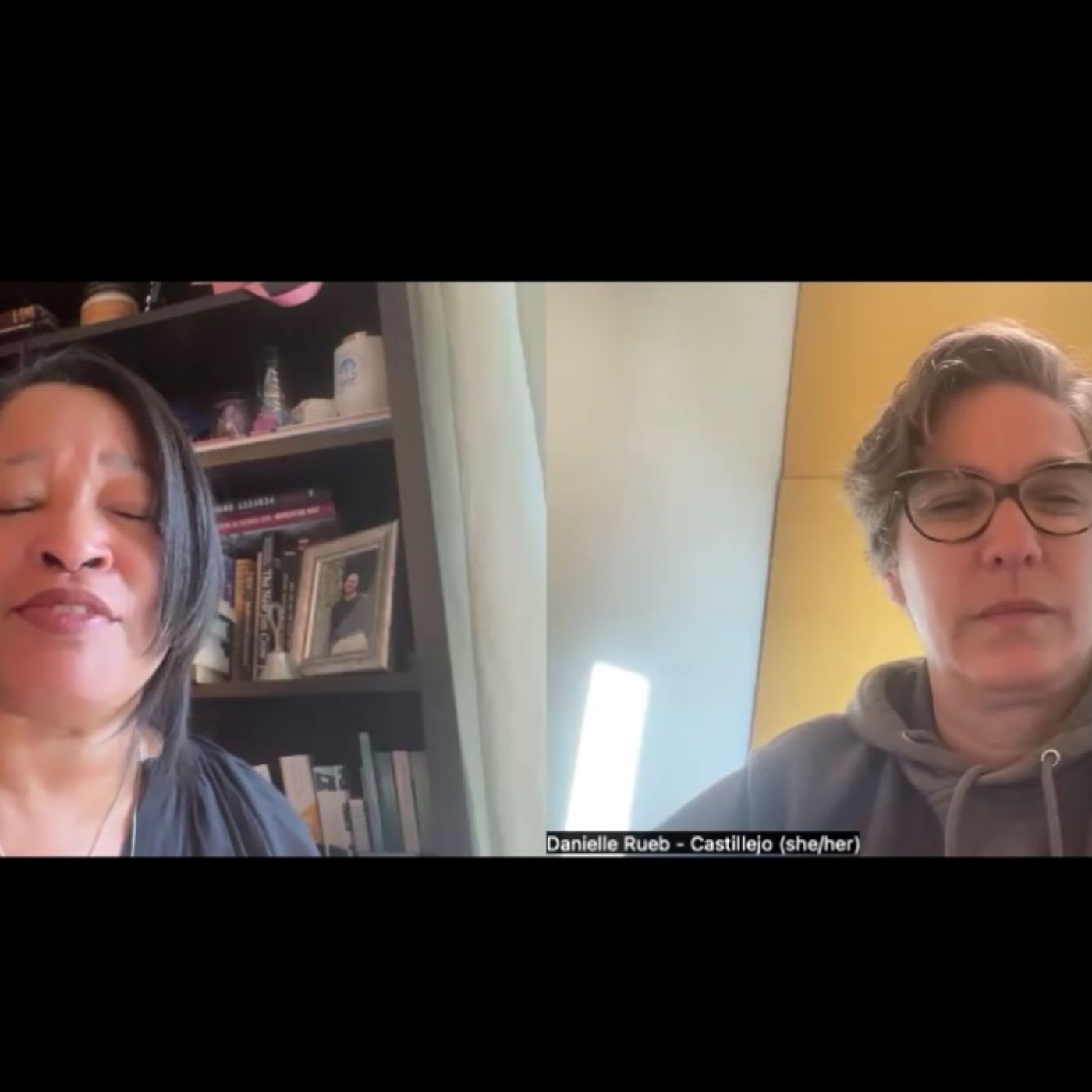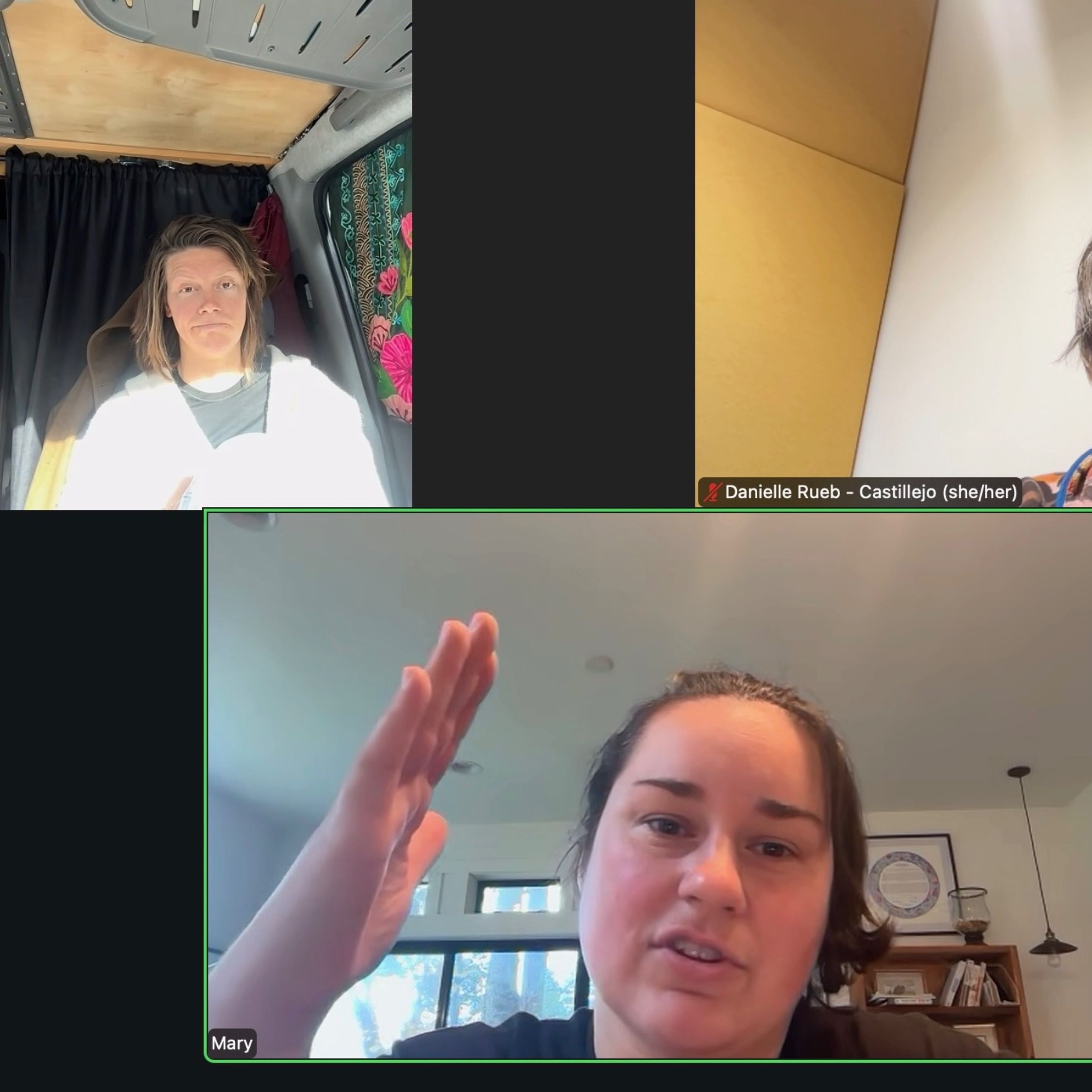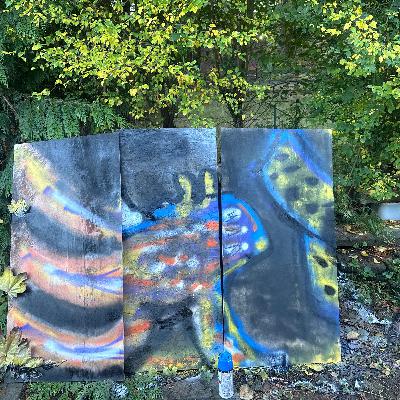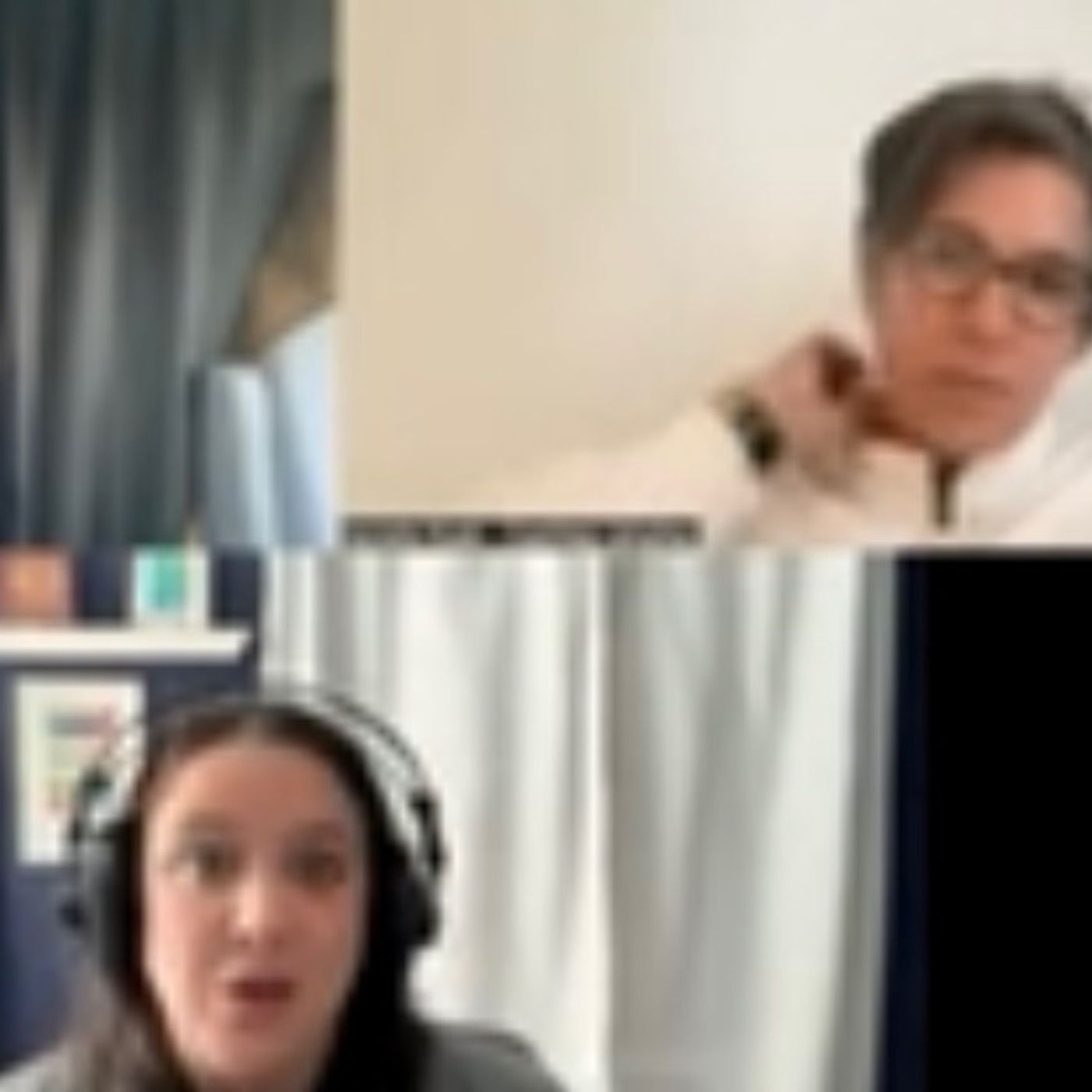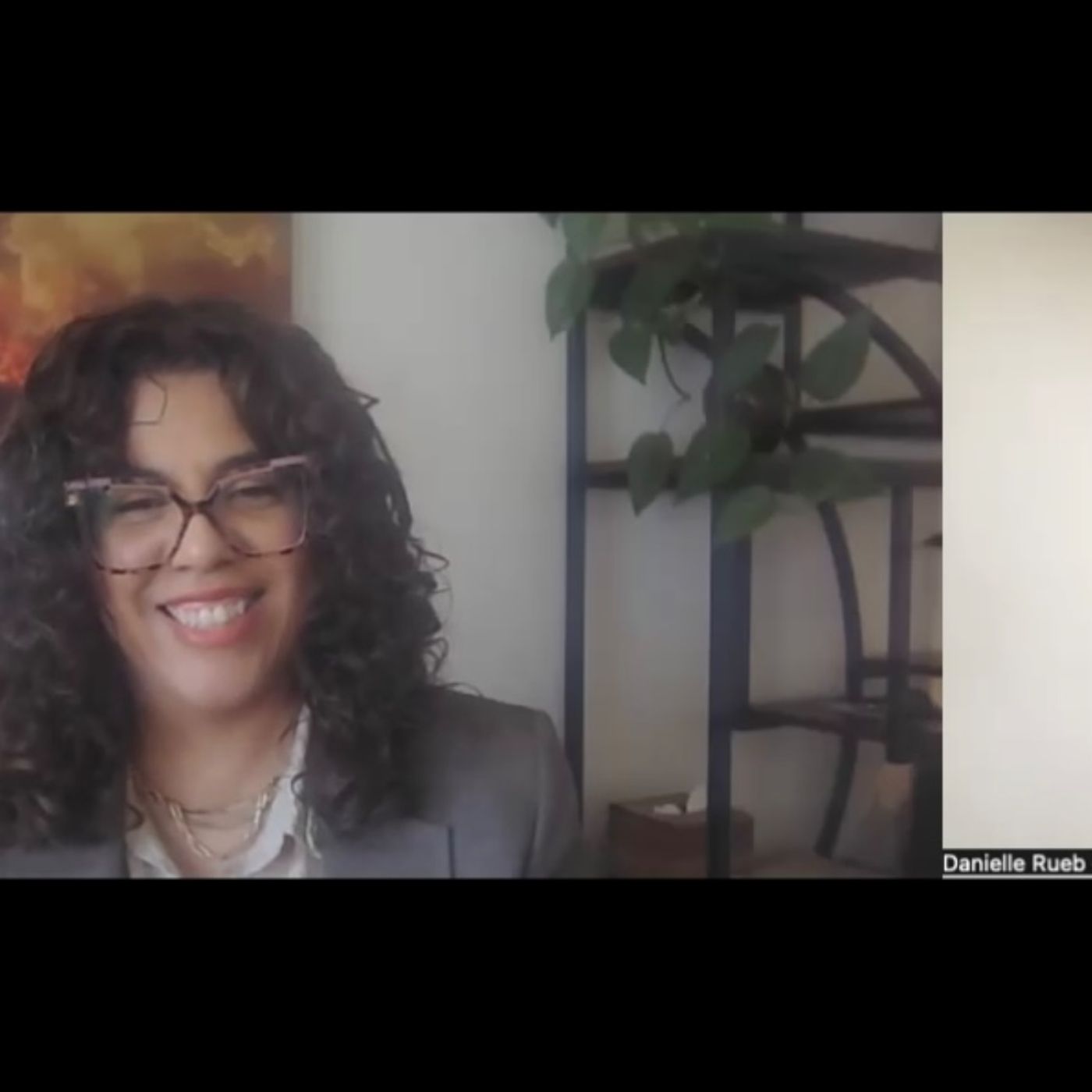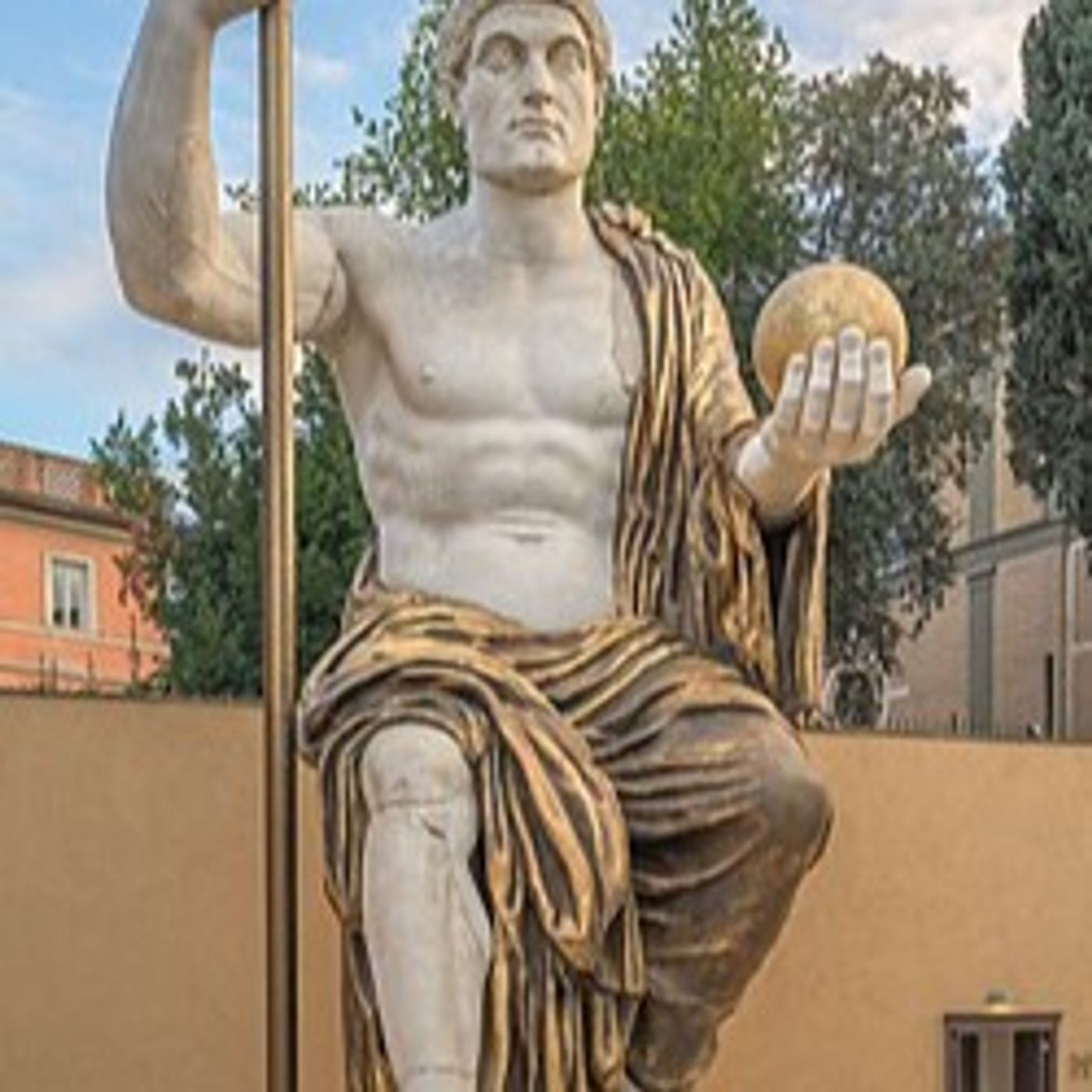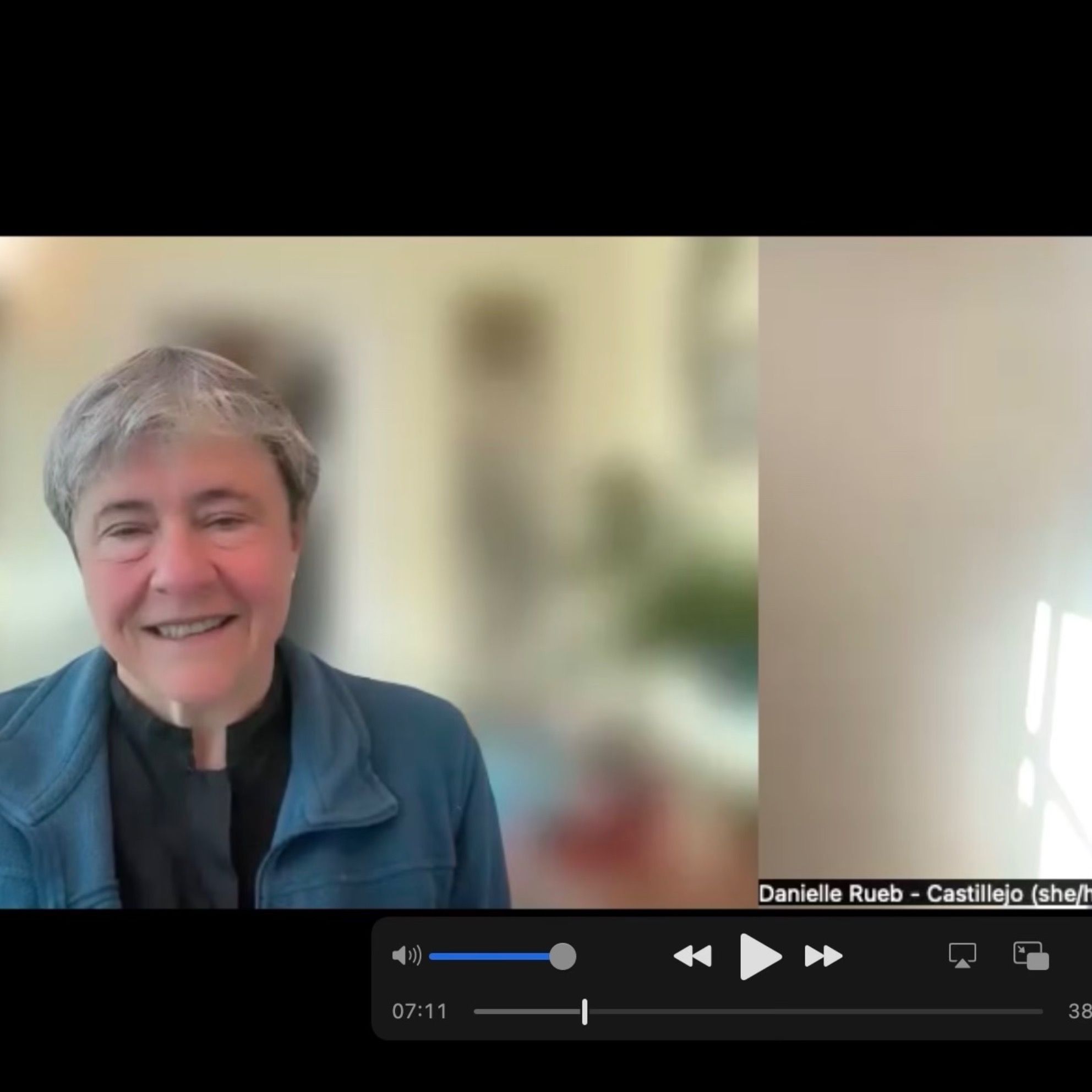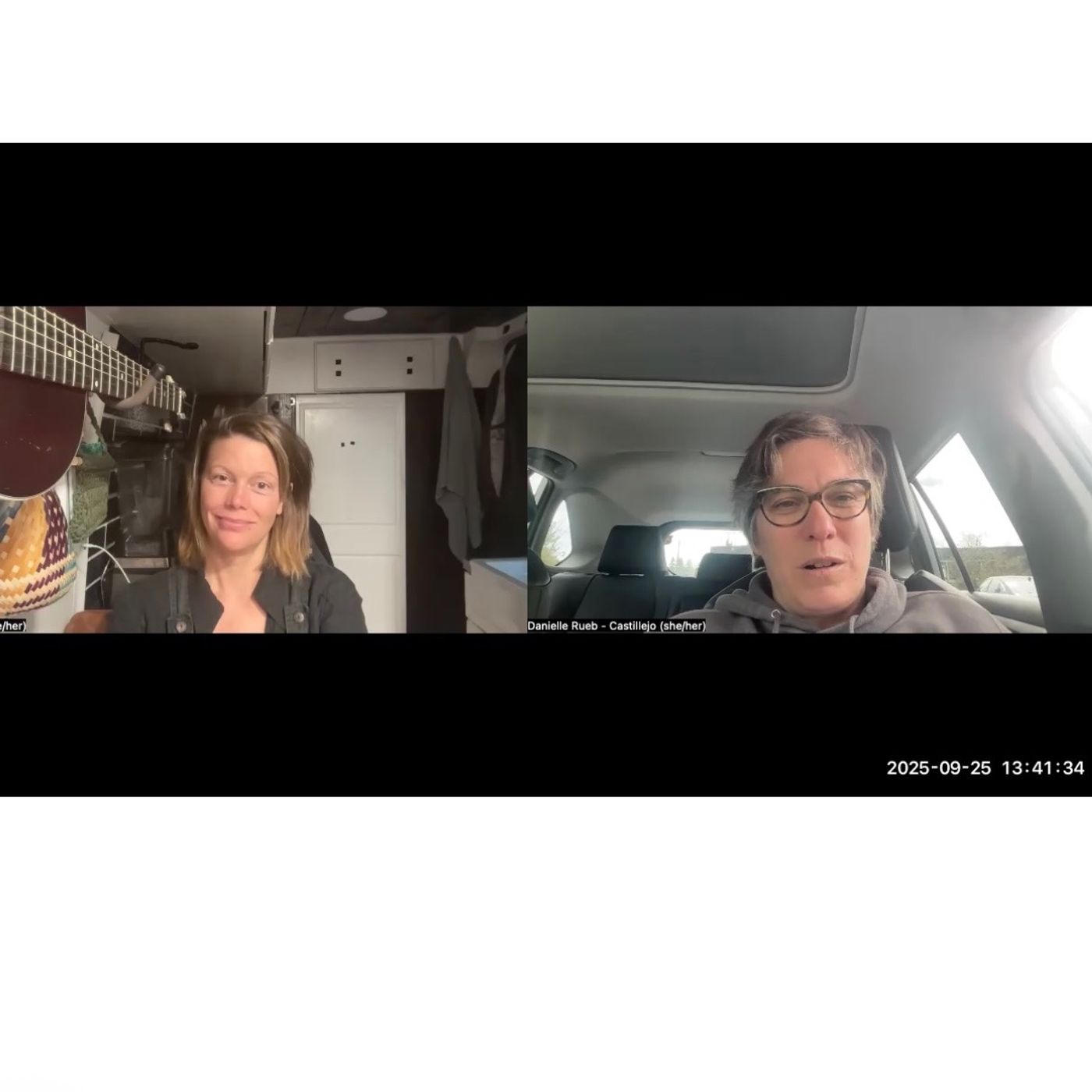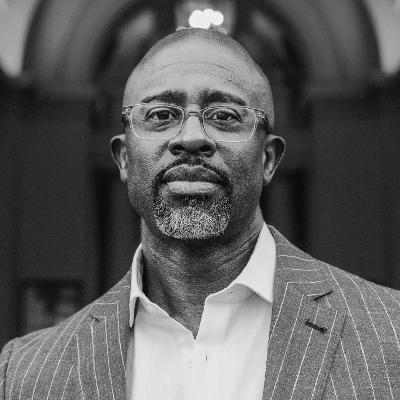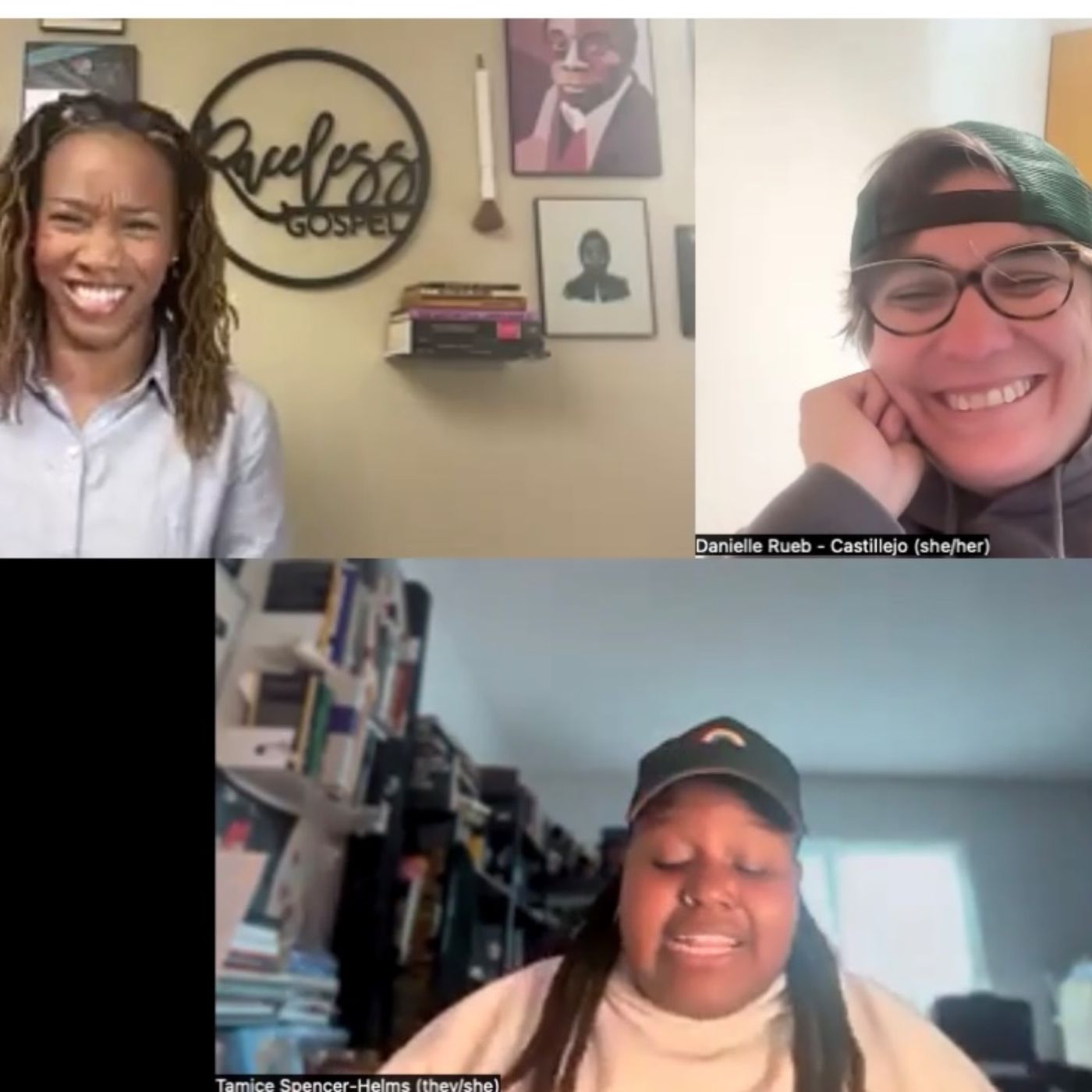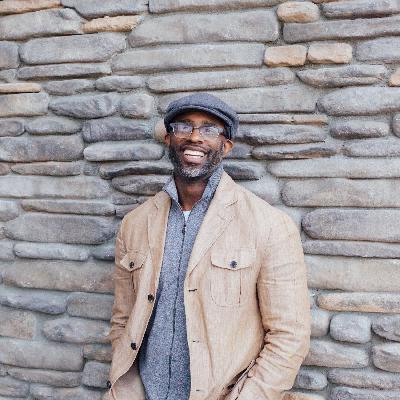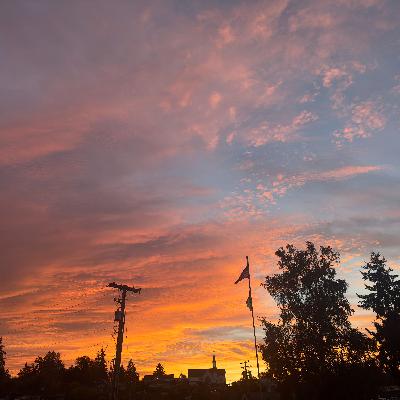Season 6, Episode 3: Reality and Story Work with Rebecca W. Walston
Description
Rebecca A. Wheeler Walston, J.D., Master of Arts in Counseling
Email: asolidfoundationcoaching@gmail.com
Phone: +1.5104686137
Website: Rebuildingmyfoundation.com
I have been doing story work for nearly a decade. I earned a Master of Arts in Counseling from Reformed Theological Seminary and trained in story work at The Allender Center at The Seattle School of Theology and Psychology. I have served as a story facilitator and trainer at both The Allender Center and the Art of Living Counseling Center. I currently see clients for one-on-one story coaching and work as a speaker and facilitator with Hope & Anchor, an initiative of The Impact Movement, Inc., bringing the power of story work to college students.
By all accounts, I should not be the person that I am today. I should not have survived the difficulties and the struggles that I have faced. At best, I should be beaten down by life‘s struggles, perhaps bitter. I should have given in and given up long ago. But I was invited to do the good work of (re)building a solid foundation. More than once in my life, I have witnessed God send someone my way at just the right moment to help me understand my own story, and to find the strength to step away from the seemingly inevitable ending of living life in defeat. More than once I have been invited and challenged to find the resilience that lies within me to overcome the difficult moment. To trust in the goodness and the power of a kind gesture. What follows is a snapshot of a pivotal invitation to trust the kindness of another in my own story. May it invite you to receive to the pivotal invitation of kindness in your own story. Listen with me…
Rebecca (01:12 ):
Say, oh, this is for black women, and then what? Because I quoted a couple of black people that count. I don't want to do that. And also I'm still trying to process. When you run a group like that for, and it's not embedded in something like a story workshop or a larger kind of thing, the balance of how do you give people the information and still leave room to process all of that. I'm still trying to figure out what does it look like? What does it feel like? What does it sound like? And I won't be able to figure, it's not like I can figure it out before the group and you know what I mean? You just have to roll with it. So yeah,
Danielle (02:01 ):
All those things. That's so hard, man. Man, dude, that's so hard. It's so hard to categorize it. Even What's the right time of day to hold this? What are the right words to say to tell people, this is how you can show up. And even when you say all those things and you think you've created some clarity or safety or space, they still show up in their own way, of course. And they may not have read your email. They may have signed all this stuff and it may not be what they want. Or maybe it changes and it becomes something even more beautiful. I don't know. That's how I've experienced it.
Rebecca (02:39 ):
It's all those things, and I think, and this is what I want to do, this is taking this work into a community and a space that is never going to show up in Seattle for all a thousand reasons. And so
Danielle (02:56 ):
Thousands of dollar reasons,
Rebecca (02:58 ):
Right? Thousands of dollar reasons. And so this is what I want to do. And so the million dollar question, how do you actually do that with some integrity? How do you do it in a way that actually, I don't even know if I could say I know that I want it to produce a particular result is just when I started doing this on my own, I had a lot of people reach out to me and go like, this is amazing. This is a brilliant, this is something I've been looking for without knowing that's what I've been looking for. Do you know what I mean? I think that that's true, sort of that evangelical refugee space. That's true right now. I think it's appealing on those levels. I think for people who would not necessarily go to therapy for the hundred of reasons why that's an uncomfortable thing. Culturally, this feels like it has a little more oxygen in the room,
Danielle (04:20 ):
And I'll turn my screen off. I'll make the call and then yeah, then I want to hear a little bit about your business, more about your group, and I, I'd love to just, I want to focus this whole season on what is reality in the realm of faith, culture, life therapy, religion, if you're in a religion versus a faith. Yeah. Just those what is our reality? Because I think even as you talk about group, it's like what is the reality for that group of people for accessing care? So that's the overall season theme.
Speaker 2 (05:00 ):
Okay.
Speaker 1 (05:02 ):
How does that sound for you?
Speaker 2 (05:03 ):
That sounds great.
Speaker 1 (05:04 ):
Yeah. I know you have a lot of thoughts,
Speaker 2 (05:07 ):
But we do good bouncing off each other's thoughts. Me and you were good.
Speaker 1 (05:13 ):
So tell me how you started your own business.
Speaker 2 (05:16 ):
That's a good question. There's probably a long answer and a short answer. The long one is that I went and got a master's in marriage and family from a seminary 20 plus years ago, and by the time I finished my degree, I chose to go back to being a full-time attorney. And there's a story there, as there always is, that has to do with me almost being kicked out of the
Speaker 3 (05:55 ):
Program
Speaker 2 (05:56 ):
Because someone lodged a complaint against me as a person. The stated reason behind the claim was that my disability was a distraction to clients,
(06:09 ):
And I was absolutely undone and totally shredded, all just completely undone by the entire ordeal experience, all of it. It just really undid me in a way that I don't know if I could have put the pieces together then, but I think that played a huge part in me going, I'm going to go back to my original career, which was being an attorney, and I will put this down and I don't know. And so it's 20 plus years later, I still have that whatever was the inclination inside of me that made me say, this work is the kind of work I want to do is still there. And so I think this time around I felt empowered, I felt supported. I felt like I had people and community around me, people like you and lots of people that was like, I can actually do this, and I don't necessarily need the permission of an institution or the rubber stamp of another person to actually take what I have learned about living life and offer it to someone else. So I find myself now the owner and practitioner of solid foundation story Coaching, and we're going to see where the Lord leads and we're going to see where we end up.
Speaker 1 (<a href="https://www.rev

